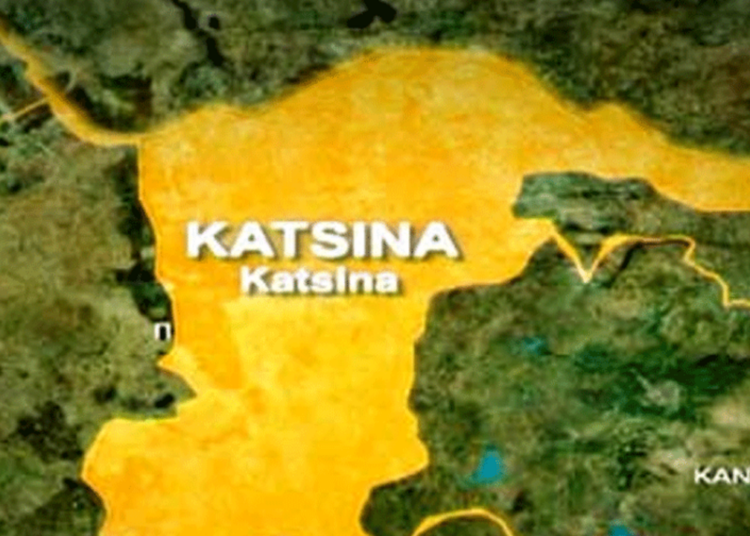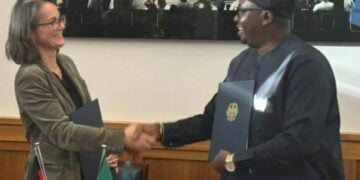The Katsina State government is to build 123 schools, renovate 68 and expand 69 others to address critical infrastructure gaps in the education sector in the state.
The commissioner for Basic and Secondary Education, Zainab Musa Musawa, disclosed this on Friday while defending her ministry’s 2026 budget proposal before the commissioner for Budget and Economic Planning, Malik Anas, who chaired the pre-budget defence session.
According to Musawa, the data emerged from community-driven reports and technical assessments conducted by the ministry.
She explained that due to the enormous financial implications, the ministry had to phase the projects into two stages to ensure proper execution and accountability.
“We have divided the requests into two phases. In the first phase, we are proposing the construction of 58 new schools at an estimated cost of ₦37.9 billion, the expansion of 34 schools at N8.4 billion and the renovation of 24 schools at ₦4.6 billion. Altogether, this amounts to about N51 billion for the first phase,” Musawa said. The second phase would take care of the rest.
She emphasised that the prioritisation of schools for intervention was based on the urgent need to expand access to education and provide conducive learning environments, particularly in communities where existing schools are overcrowded or structurally weak.
The commissioner noted that some special schools, including the School for the Deaf in Malumfashi and the School for the Blind, have also been captured in the proposal for immediate attention, given their consistent need for government intervention.
Responding, the commissioner for Budget and Economic Planning, Malik Anas, commended the ministry for its detailed presentation but stressed the importance of data-driven decision-making in determining which communities should benefit first.
Anas urged the education ministry to ensure that all requests for new schools are justified by verifiable data, including the distance between proposed and existing schools, student enrollment figures, and population projections.
“We must be guided by accurate data to avoid duplication and to ensure that resources go where they are truly needed. Every community wants development, but our planning has to be realistic and sustainable,” Anas said.
Musawa also revealed that her ministry is currently working with UNICEF and the Federal Institute of Education to digitise school data, transitioning from manual records to a system that captures individual student information.
She added that the new digital database would help the government to identify priority areas and plan more effectively for teacher deployment, infrastructure and security challenges.
She further lamented that many schools, especially in frontline local government areas such as Faskari, remain closed due to insecurity, forcing students to relocate to neighbouring communities.





